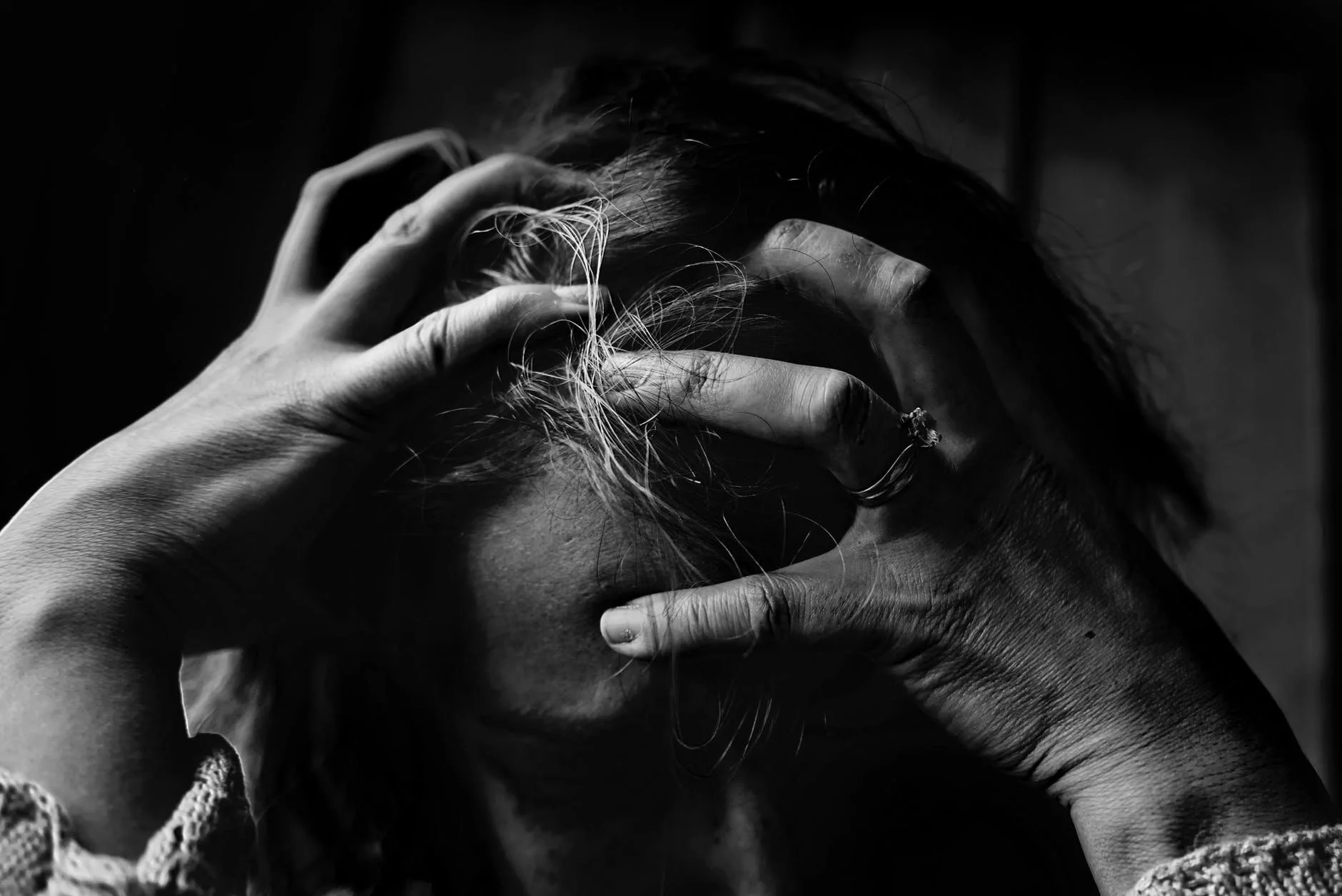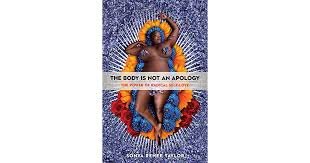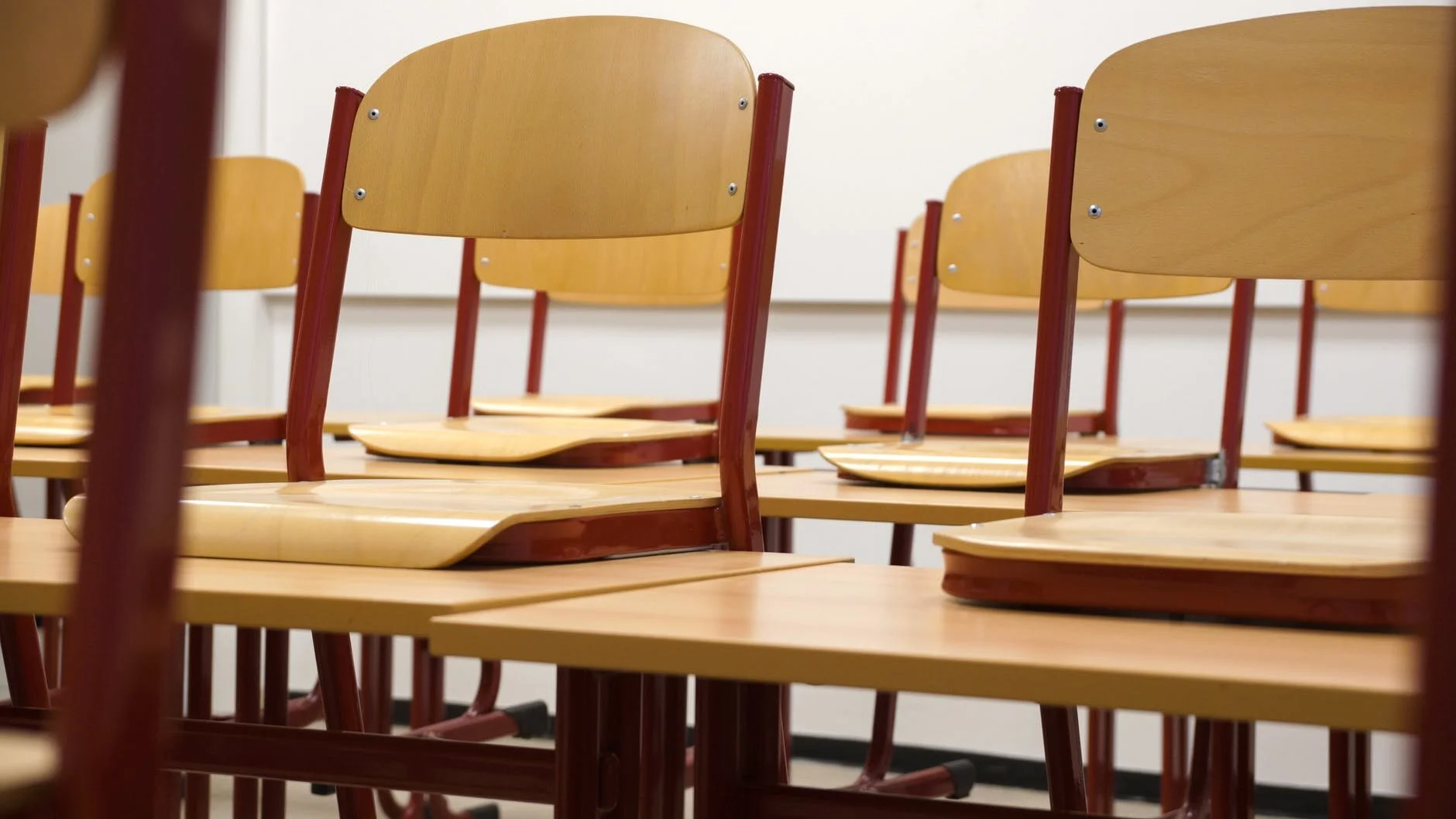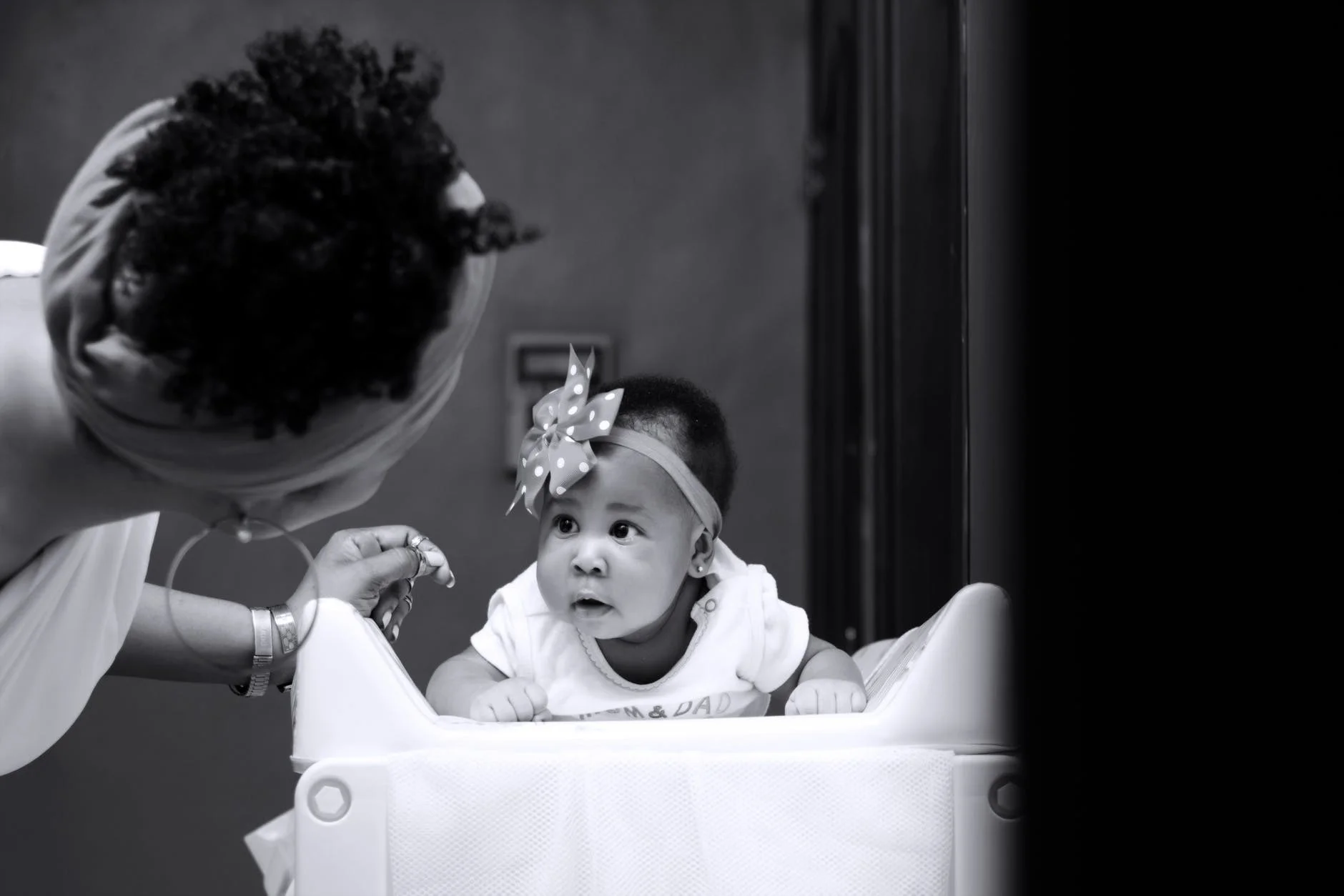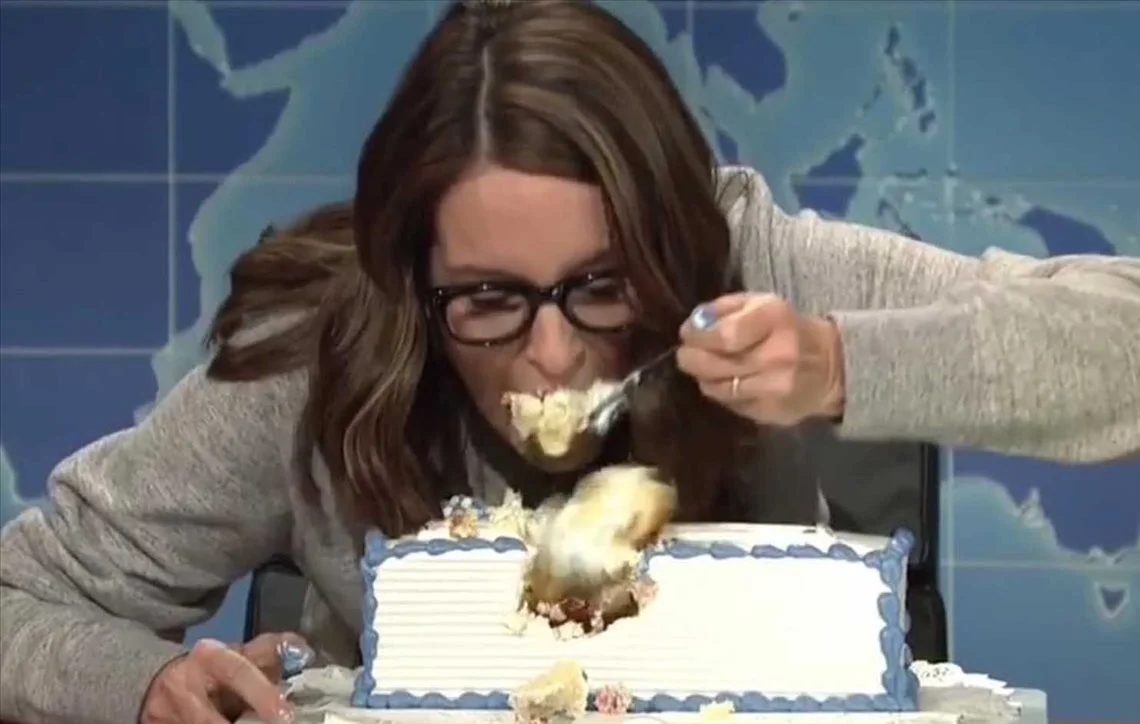Ep. 154: People Shouldn't Have to Wait for Quality Care
EQ: How can community-based healthcare initiatives effectively address the unique healthcare needs of diverse populations?
Hope is joined by a local Tacoma professional, Dr. Gena Poling co-founder of the Link Community Clinic, Her passion for education, public health, and justice drives her daily practice. In this episode, we learn more about her journey from teaching into the medical field, the origin story for the Link Community Clinic including how they weathered being a pro-vaccine institution in a pandemic.
Shout out to Space Works for all their support!
Do Your Fudging Homework:
Hope—connect with Link Community Clinic!
Gena—The Praxis Podcast; follow the podcast on Twitter
Ep. 123: The Scoop on Relationship & Sex Education at Home & Abroad
EQ: What is the importance of Sex Education in both the US and abroad, and how can you ensure equity for all students in the curriculum delivered?
Guest: Emily Zien, a health and physical education teacher. Please check out her website for more information.
In our third episode centering international schools, we chat with Emily about her work as a relationships and sexual education educator. We begin by learning about the present landscape, comparing what this work looks like in the United States and in the International School scene. We also discuss the role of DEIJ in shaping these conversations, how we can ensure equity in the curriculum and how child “safe guarding” is a growing field that opens the door for revamping school policies.
Do you Fudging HW:
Megan: Look into what you can do for the new policies Greg Abbott is doing in Texas.
Emily: Protecting children by developing an effective sex and relationship (SRE) program in international schools; Book Bans and Controversy in the Classroom? Sex Ed Teachers Have Been Here Before
Hope: Change our language to be more inclusive and representative of the shifts in this field—use relationships and sex education.
Ep. 74: How A Pandemic & Civil Unrest Impacts Mental Health: Perspective from A Social Psychologist
Notes to listeners: This episode was recorded early June and was intended to discuss the impact of the coronavirus on our mental health and the initial responses to the protests against police brutality. There are many key issues we did not cover, but we hope you will find some solace in this episode.
EQ: What impact is the Coronavirus pandemic having on mental health and how are those impacts uniquely burdensome for female identified folx and people of color?
Guest: Michelle Ceynar
The pandemic is highlighting inequities in our society in new ways and exacerbating anxiety and depression around the world. This experience is much like adolescent ups and downs. The inability to recover from all the “fires” makes it difficult to ever fully recover. People of color are not only left out of conversations about mental health but are most impacted because of institutional racism and marginalization.
Related Links:
Related article from Inside Higher Ed
Washington Post: The Coronavirus Pandemic Is Pushing American Into a Mental Health Crisis
Psychology Today: Affective Forecasting
New Study Shows Staggering Effect of Coronavirus on America’s Mental Health
Champagne & Real Pain
🥂Legal Defense Funds
🥂Businesses coming out in support of BLM saying
🥂Conservative “middle” people who are waking up to the situation in America
🥂The Humble grocery store employee
👎🏻Murderers of George Floyd, Breonna Taylor, Ahmaud Arbery
👎🏻White people who refuse to understand George Floyd protests
👎🏻Police officers who aren’t refusing to go to work or standing up to their crew
Do Your Fudging Homework:
Annie: Michelle’s work. Our episode cast a really broad net today, so don’t forget to learn more about social psychology theory and read Michelle’s new research. Psychology Today- The Psychology of Rioting: the Language of the Unheard
Michelle: Do internal HW--start thinking about why you’re responding to “riots” the way you’re responding.
Doug: don’t post fake images—do you homework on anything you post
Follow us on Twitter @IWL_Podcast or Facebook: Interchangeable White Ladies Podcast
Lastly, don’t forget to pick up your copy of The Body is Not an Apology for the #readlessbasic book club
Ep. 67: What A Pandemic Reveals About Education Equity--Teaching & Learning During the Covid-19 Outbreak
Note to listeners: This episode was recorded on Saturday March 14. Some information may have changed by the date this was published. Unfortunately, due to timezone issues, Annie was unable to join the discussion.
EQ: What has this pandemic revealed about issues of equity and access in education?
Guests: Aaron Shelby, Secondary Curriculum Coordinator, and Amy Daraiseh, Learning Support at the American School of Abu Dhabi.
Weeks ago, educators in East Asia transitioned to virtual teaching, offering synchronous (live) and asynchronous learning opportunities for students kindergarten through university level. Many international teachers kept tabs on this progression, perusing social media for what was inevitably coming to all of us. Concerns about teaching students with special needs, supporting English language learners, and managing poor internet connection across the globe were hot topics on many message boards. For better or for worse, it seemed the US was living blissfully in denial of the impending virus that would sweep the nation and ask educators to re-examine what it means to teach and to learn in the midst of a pandemic.
To get some perspective on the logistics of remote learning, listen to the conversation “Teaching Online During the Covid-19 Outbreak” Nate Bowling had with two teachers, Jordan Moog and Michele Curley, from the American School of Abu Dhabi.
In this episode, two of Hope’s favorite colleagues join her for a discussion on the range of equity issues rising to the surface in educating in the “new frontier” of the coronavirus. We discuss special education accommodations, tech access, wrap-around services (food, childcare, medical care), and how to provide social-emotional support to students in a time of crisis. Our conversation has a global framing but Hope weaves in Washington specific data and concerns in order to keep listeners grounded in something more familiar.
Learn about what’s happening in WA state:
WA State bill passed to address concerns around graduation
Everyone should follow Seattle Times Staff reporter Dahlia Bazzaz as she keeps tabs on the impact of the coronavirus on education issues in WA state. Start with this article “First Day of No School”
Around the World:
Champagne & Real Pain:
🥂 to Educator Temporary School Closure for Online Community and all the educators making themselves vulnerable to share ideas.
🥂 Naomi Campbell for telling us to wipe down our seats
🥂 American Community School administration and colleagues
👎🏻 to the ashholes who are hoarding TP and being butts to others during a time of crisis
👎🏻 those who are still traveling which puts others in danger
Do Your Fudging Homework:
Hope: keep sharing your resources, bringing hopeful in the midst of chaos
Amy: channel positive energy and spread it to those around you
Aaron: be good to yourself and check in on your neighbor
Follow our guests on the socials: Aaron Shelby (Twitter) Amy Daraiseh (Twitter)
Ep. 56: An Interview With Leah Ford On Being a Boob Defender
Note to listeners: This was our last pre-recorded episode from the summer. We recorded this back in August during National Breastfeeding Month! Enjoy!
EQ: What is the current state of women’s health in Pierce County and why is this a social justice issue?
Guest: Leah Ford, a TESC graduate, breastfeeding peer counselor, mother of 2 and advocate for women’s health in Pierce County.
Leah defines the role of a breastfeeding peer counselor, explains why it’s so crucial for breastfeeding moms (especially of color), and why this work is not recognized on a systemic level. For example, while Pierce County needs more peer counselors it doesn’t offer benefits and supports to generate more interest. For varying reasons, our county doesn’t follow effective models like King County.
Leah elaborates on the racial and ethnic disparities in breastfeeding citing important data around why Black Women Higher Risk of Pregnancy Complications and how America Is Failing Black Moms. The conversation includes wrestling with the biggest challenges in health services in Pierce County and what we need to do to overcome these issues.
A few resources mentioned in the episode:
Champagne & Real Pain:
Champagne: for the Target in Weatherford, Texas put up signs in their store telling parents to breastfeed wherever and whenever they need to.
Real Pain: for the lifeguard at the Kokomo Beach Water Park in Kokomo, Indiana for telling a breastfeeding mom to stop even though Indiana state law allows women to breastfeed anywhere.
Do Your Fudging Homework:
Annie: normalize breastfeeding by encouraging your favorite local businesses to put up signage or create a comfortable space for breastfeeding parents (not in a bathroom stall, please).
Hope: Deal with your issues if you’re uncomfortable with breastfeeding--if you’re in the medical field, try to use privileges to complain/criticize/critique the system in order to improve it.
Leah: support moms by offering breastfeeding rooms; reconsider the time of breaks; make a policy as your office (if you don’t know what this looks like, research tool kits and adopt a reasonable policy).
Ep. 37: Let’s All Be Really Healthy...Let’s Also Eat the Sheet Cake
Our EQ: What is diet culture, why is it so insidious, and how is it related to white privilege and the patriarchy?
Sponsor: Talking About Your Body Weight
Guest: Stephanie Skaggs, high school Humanities educator from Tacoma and woman of thiccness. She’s a third generation Tacoman and has a BA and Master’s in Teaching from Western Washington University.
This episode is inspired by the yearly conversation about “wellness” (aka diet and weight loss) that creeps up around the holidays. Topics include:
Our history of dieting, including the heritability of diet culture (we’re looking at you, moms and grandmas). Cabbage soup, French Women Don’t Get Fat, Atkins. The WORKS.
Diet trends - see this handy graph.
The relationship between wellness and wealth (and thinness as a status symbol).
The coded and secret language women use to talk about their bodies.
The changing conversation around obesity, including shifting definitions of health.
Stephanie’s extremely compelling primary source document - 1972 edition of The Joy of Sex and particularly the section entitled “Problems,” that is both fat-shaming and racist.
Double standards about male and female bodies and how they’re treated (Stephanie brings some insight about growing up with brothers, including how wonderful and supportive her family was. Hope talks about growing up with sisters). We figure out that even in supportive homes, there is intense pressure from society.
Sara Upson, doctor and registered dietitian. She has a blog called My Signature Nutrition and a post called Diet Culture 101 that is incredibly informative. She says:
“Diet culture is a society that focuses on and values weight, shape, and size over health and well-being. Variations of diet culture also include rigid eating patterns that on the surface are in the name of health, but in reality are about weight shape or size. Diet culture is really tricky because as we have learned that diets don’t work, they (diet culture) have transformed their message to say that they are all about health. Their definition of health though, is one that is synonymous with weight- that when you lose weight (by any means necessary) then you will be healthier. By restricting your eating and eliminating food groups you will feel better and be happier. This isn’t reality. The reality is- people do crazy, unhealthy, even dangerous diet behaviors in the name of health to lose weight. That isn’t health.”
How people equate thinness with happiness and use food to protect from trauma (read Roxanne Gay’s Hunger).
The crossover between diet culture and multi-level marketing and diet culture in schools.
Working with youth and modeling self-care for them in the classroom (including avoiding negative self-talk and body talk).
Taking apart the toxic crap:
The Anti-Diet Movement - comes in different forms on the internet, but the basic idea is to stop dieting and accept your body.
Focusing on goals that aren’t related to weight loss, but are for your health - like daily walks with the intention of clearing your head, not racking up steps or torching calories.
Studying diet culture and learn how to avoid its pitfalls. Check yourself when you’re talking about it.
Being intentional about body positivity and avoiding negative language. Give more genuine compliments.
Queer culture - outside the patriarchal male gaze?
Guilty Favesies:
Annie: Riverdale - delicious trash. Body positive actors on the show!
Hope: reheated leftover coffee with sugar free hot cocoa mix.
Stephanie: following body-positive Instagram accounts (gabifresh! Nabela Noor!)
Do Your Fudging Homework:
Annie: Read an article on the Frisky called “Girl Talk: I’m Sick of Women Talking About Weight” by Wendy Stokes. The author talks about those social situations in which women reinforce negative talk about weight with each other. The Sexual Politics of Meat by Carol J. Adams.
Hope: a super awesome book about body types - Body Drama by Nancy Amanda
Stephanie: Roxanne Gay - articles and books. She’s great.


